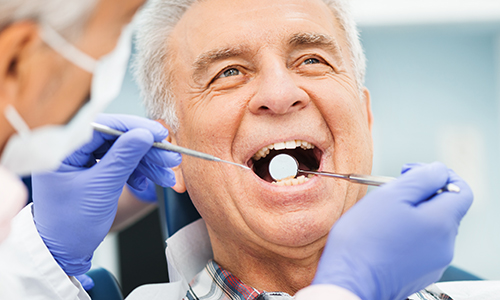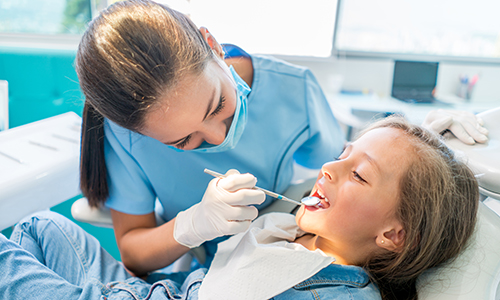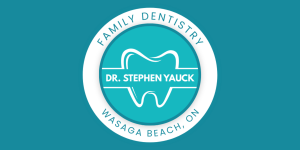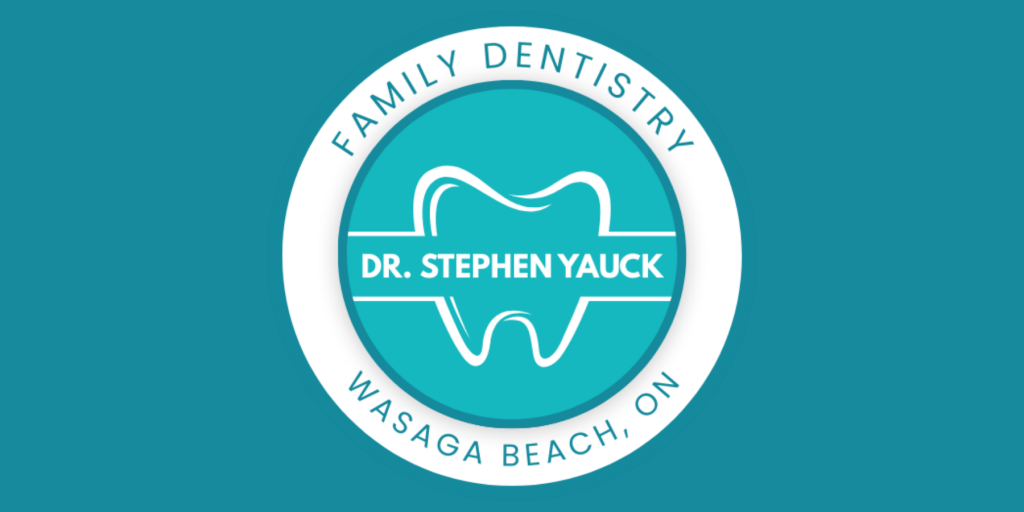SERVING WASAGA BEACH FOR OVER 20 YEARS
Comprehensive Care for Every Generation
From energetic toddlers to cherished grandparents, we’re committed to keeping every smile strong, radiant, and healthy. Dental emergencies can strike without warning—but when they do, our compassionate team is here with prompt, expert care to ease your discomfort and restore your peace of mind.
We offer a complete range of dental services tailored to your needs, including:
• Preventive Care: Routine cleanings and detailed exams to stop problems before they start
• Restorative Dentistry: Repairing and revitalizing teeth for lasting function and beauty
• Prosthodontics: Custom crowns, bridges, and partial dentures designed to rebuild your smile
• Oral Surgery: Gentle, safe extractions when necessary for your health and comfort
We believe that prevention is the foundation of lifelong oral wellness. That’s why we emphasize regular hygiene appointments and consistent checkups—so we can catch issues early and keep your smile in peak condition.
Relaxed Visits
Dental care doesn’t have to be stressful. For patients who feel anxious or require more involved procedures, we offer sedation dentistry designed to make your experience its calm and worry-free. With options like nitrous oxide you can feel at ease while receiving the personalized care you deserve.
Preventive Hygiene Care
A preventive program is a cooperative effort between you, Dr. Yauck, and our dental hygienists to preserve the natural dentition and supporting structures by preventing the onset, prognosis, and recurrence of dental disease and conditions.
Preventing dental disease begins at home with proper oral hygiene and a balanced diet. It is continued in the dental office by the efforts Dr. Yauck and our hygienists to promote, restore, and maintain your oral health. Prevention also includes regular dental examinations, cleanings, and treatments to help protect your teeth. Prevention also helps you to avoid potentially serious and costly problems.
It is important that regular dental cleanings occur to ensure that you have ideal health of your teeth and supporting tissues (gums and supporting bone).
Preventing and treating periodontal (gum) disease is our goal. The signs of gum disease may include bleeding or swollen gums. It is an infectious condition that can result in the destruction of gum tissue and supporting bone. If periodontal disease is left untreated, the bacteria that cause gum disease may travel through the blood stream increasing the chance of heart disease, stroke, respiratory diseases, and pregnancy complications. It is well documented that there is a link between oral infections and other diseases in the body. This fact emphasizes the importance of regular preventive dental hygiene visits.
Fluoride Treatment
Professional fluoride treatment is a safe and effective method of preventing dental caries (tooth decay). Fluoride is a naturally occurring mineral that helps strengthen the enamel, or outer layer of a tooth, and protects the underlying dentin. We recommend regular fluoride treatment as a preventive measure for children and some adults.
Sealants
Brushing and flossing helps to remove plaque and food particles, however teeth have areas where toothbrush bristles cannot reach. These areas are typically fissures on the molar teeth. Dental fissure sealants are thin coatings placed in these areas. They are most often recommended on newly erupted permanent molars. Studies show that there is an 80% reduction of cavity formation on these teeth with sealant placement.
Restorative Dentistry
Services provided include fillings, bonding, and cosmetic restorations. Restorations, commonly called fillings, are placed to restore portions of teeth damaged from decay or fractures. Tooth-coloured dental composite is the most common filling material used and can also be bonded to close small spaces between teeth. All composite restorations are bonded to the tooth and can be placed to treat misshapen or stained teeth.
Prosthodontic Dentistry
Services provided include crowns (“caps”), bridges, implants, partial dentures. Crown restorations are placed to restore and protect more severely affected teeth when fillings cannot be placed. They are also recommended for many teeth that have had root canal treatment and for cosmetic reasons when smaller veneers cannot be placed.
Dental bridges are customized and fixed solutions like crowns, however are larger to replace one or more missing teeth. They are cemented to adjacent teeth to ‘bridge” and restore a missing adjacent tooth with and artificial tooth.
Dental implant services can be arranged to replace missing or severely damaged teeth. Dental implants are for supporting crowns, bridges, and dentures.
Partial dentures are provided to replace one or more missing teeth. These removable replacement teeth are either fully acrylic or may have a metal framework with clasps to connect to your natural teeth. Complete or full dentures are worn when all of the natural teeth are missing. They are held by suction but sometimes fabricated with implants supporting them.
Oral Surgery
When a tooth is decayed, infected, or fractured beyond repair or has advanced gum disease that is untreatable, the removal or extraction of the tooth is typically recommended.
Sometimes crowded teeth are recommended for removal to provide space for others or to improve periodontal health. An impacted tooth, one that is unlikely to fully erupt and move into a normal position, is often recommended for removal to prevent problems in the surrounding tissue. It is often a third molar or “wisdom tooth” that is impacted. Some of our oral surgery procedures are carried out by oral surgeons located nearby.
Endodontic Treatment
Root canal or endodontic treatment involves the removal of inflamed or infected pulp from the interior of a tooth. This is only carried out if the tooth is restorable on the surface and has a good prognosis for maintaining. It is often provided as the preferred option over extracting a tooth.
Teeth that have deeper decay, fractures or other trauma may require this treatment. Using the latest techniques and anaesthetics, most of these procedures are performed with patients reporting a comfortable experience.
Bruxism Treatment
Bruxism is a condition of grinding or clenching of the teeth either when you are awake or sleeping. Treatment is often recommended for frequent or severe types of bruxers to prevent jaw joint or TM (Temporomandibular) joint issues, headaches, sleep disruption, facial pain, tooth sensitivity, damage/wear/fracturing of teeth. Treatment most often is with the fabrication of a custom fit soft or hard splint that is similar to a sports mouth guard but is more customized to your teeth. Many children outgrow bruxism (more commonly night-time bruxism) however adults often benefit from a splint.
Custom Fit Sports Mouth Guards
A custom fit sports mouth guard is highly recommended for those who play contact sports.
It stays in place to work effectively at preventing tooth loss, decreasing lacerations in the mouth, and reduces the risk of a brain concussion. A comfortable custom fit mouth guard ensures a higher compliance of use than a loose fitting guard. Easier communication with others and breathing is also better with a secure guard.
Dental X-rays
Dental radiographs, or x-rays, are used as an important diagnostic and assessment tool. They will help to detect trouble early on in the teeth, supporting bone, and surrounding jaw. Cavities (presence and depth), periodontal disease, and teeth development in younger patients can be detected and properly assessed. Detecting and treating problems earlier will usually prevent more involved treatment later.





